Christian Identity and the Hegemony of Mammon
Ian Olson interrogates the exploitative structures which make racism possible and obscure the demonic origin of many American values.
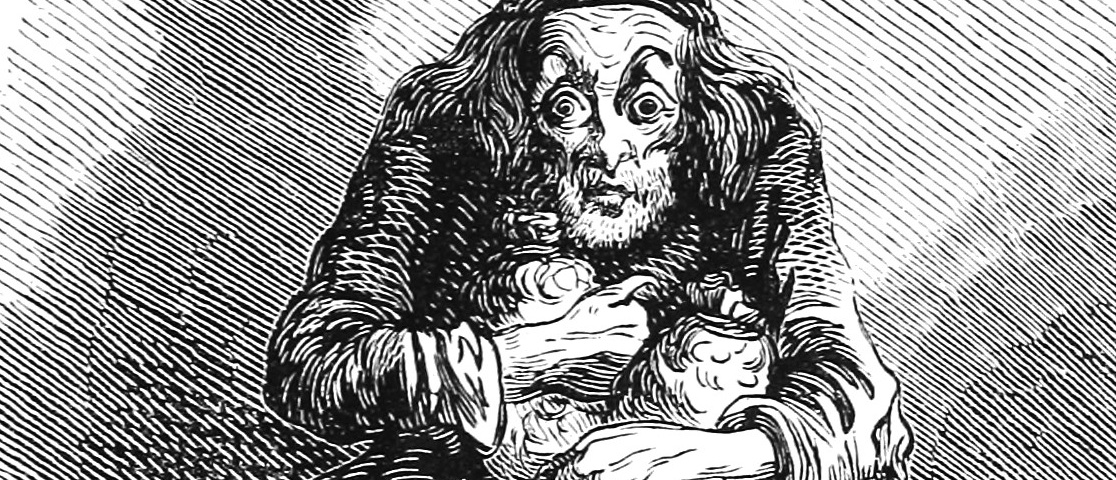
Ian Olson interrogates the exploitative structures which make racism possible and obscure the demonic origin of many American values.

This essay addresses the problem of capitalism by suggesting a theology of communitas, particularly as actualized in the coffee industry through the concept of After Trade.

Christian love is the antithesis of sin, and it can end the separation in everyday life caused by spectacular capitalism.
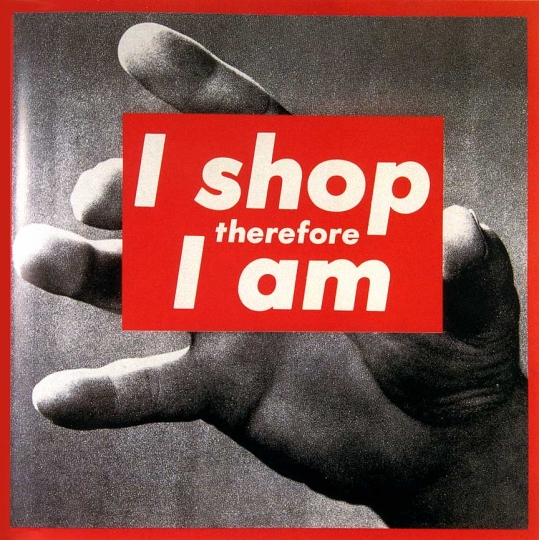
A review of Kenneth Surin’s Marxist analysis of global finance, Freedom Not Yet: Liberation and the Next World Order.
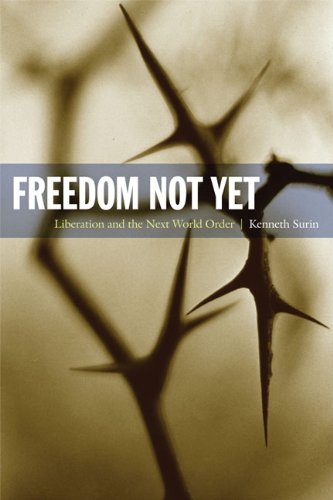
How can Christian engagement in conversations around human rights claims be sharpened by considering Karl Marx’s scepticism of such rhetoric?
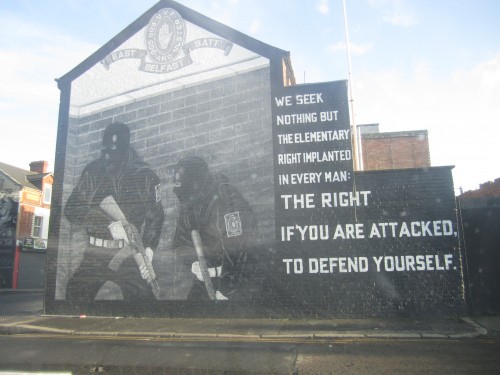
Taking London, England, and Durham, North Carolina, as geographical and narrative bookends, Luke Bretherton looks at the history of movement between these two locations as a step toward making sense of his own recent move from London to Durham. By situating his own work on community organizing within this flow of movements, or peregrinations, between the two cities, Bretherton provides a historical and theological argument for a constructive relationship between Christianity and democratic politics.
D. L. Mayfield explores her personal experiences of American inequality and considers what social justice might really looks like.
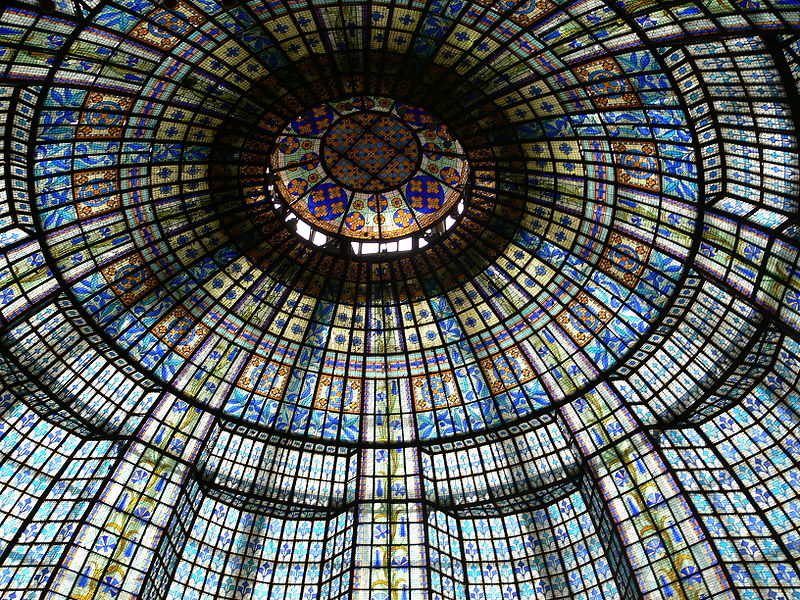
The economy of salvation enacted by Christ on the cross displays the divine economy of plenitude, ceaseless generosity, and superabundance.
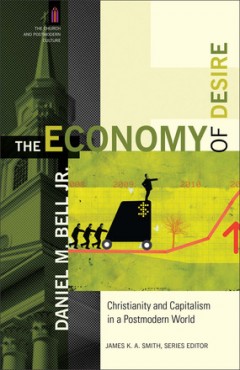
Theodor Adorno, Alain Badiou, Jean Baudrillard, Jacques Derrida, Gilles Deleuze, Michel Foucault, Slavoj Žižek: What do these thinkers have in common? First, they are all Marxists.1 Second, they have all received significant attention in the theological community; each of these theorists, for example, has been the subject of a full-length volume in Continuum’s exciting Philosophy […]
